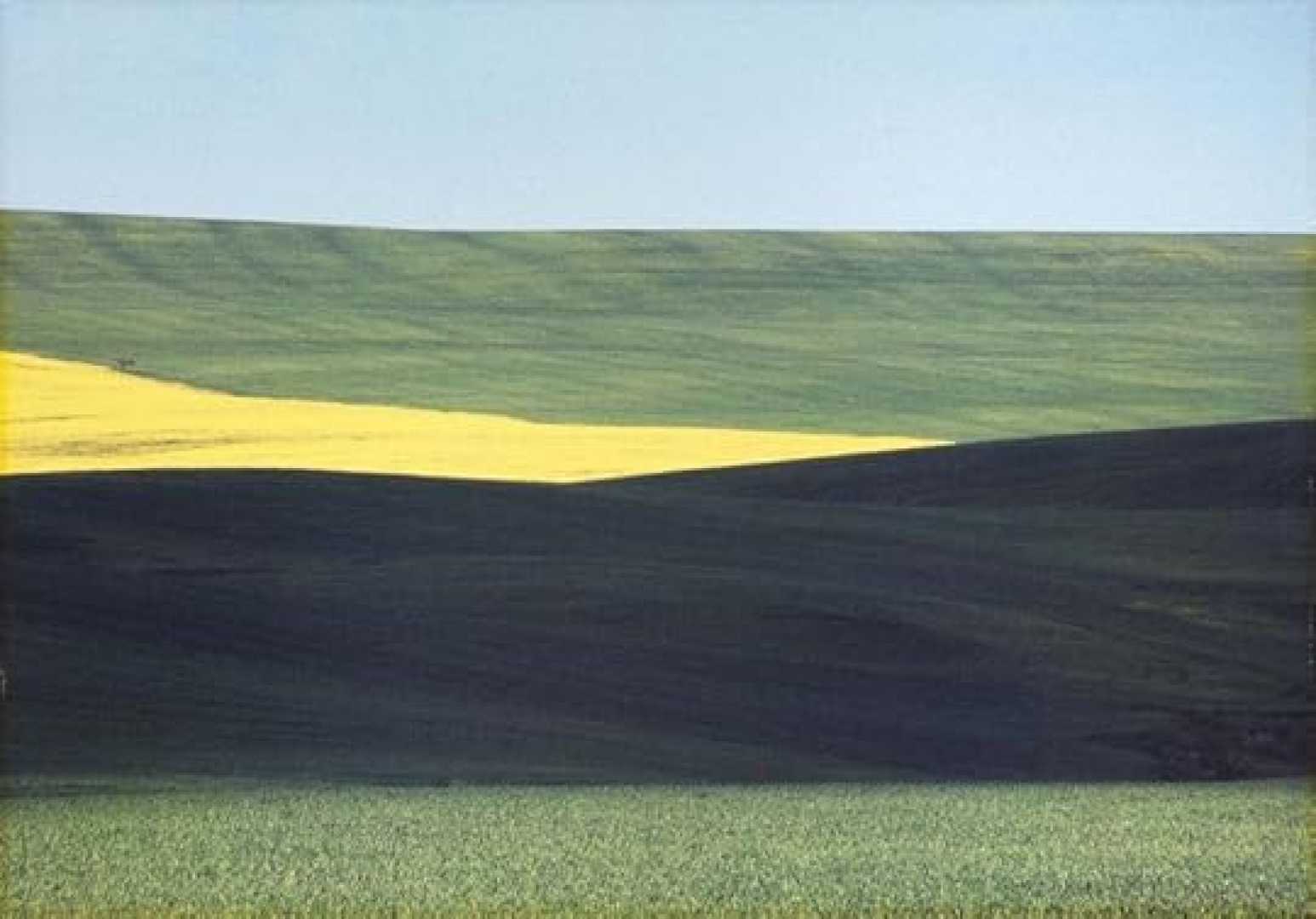News
Gerald Murnane Awaits Nobel Prize Decision as Australian Writer Gains Attention

In the quiet town of Goroke, Victoria, the normally peaceful atmosphere is buzzing with anticipation as the Nobel Prize for Literature announcement approaches. Gerald Murnane, an 85-year-old writer often described as Australia’s most elusive literary figure, has caught the attention of the global literary community yet again. Known for his unique narrative style that eschews traditional plot and character development, Murnane has garnered a dedicated following, though his works remain outside the mainstream bestseller lists.
Joe D’Andrea, a local café owner, commented on the influx of tourists curious to encounter Murnane. “Sometimes, if he’s in the men’s shed, I send them over the road to go and find him,” D’Andrea remarked, underscoring the level of interest in Murnane’s life and work.
Murnane’s distinct approach to literature, described by The New York Times Magazine as “essayistic meditations,” has earned him several prestigious awards, including the Patrick White Award and the Prime Minister’s Literary Award. While his novels, such as “The Plains” and “Inland,” are not typically commercial hits, they inspire deep admiration among his readers.
Despite being a celebrated literary figure, Murnane is known for his eccentric lifestyle. Since the passing of his wife, Catherine, in 2009, he has lived with his son, Giles, in Goroke. His aversion to travel has kept him primarily within Victoria, and his interactions with the modern world are minimal, as evidenced by his abstinence from radio and television.
“The world is too big for me in one lifetime to even get to know, so I stuck to Victoria,” Murnane explained, highlighting his preference for a simple and grounded existence.
Murnane’s literary archives, stored meticulously at his home, are considered valuable artefacts within literary scholarship. He describes them as records of his thoughts for “some ideal reader of the future,” indicating his desire for his work to be understood in its entirety by later generations.
Should Murnane secure the Nobel Prize, he would be the second Australian to receive the accolade, following in the footsteps of Patrick White, who was awarded in 1974. The Nobel process remains shrouded in secrecy, with discussions on nominees commencing months before the final announcement.












